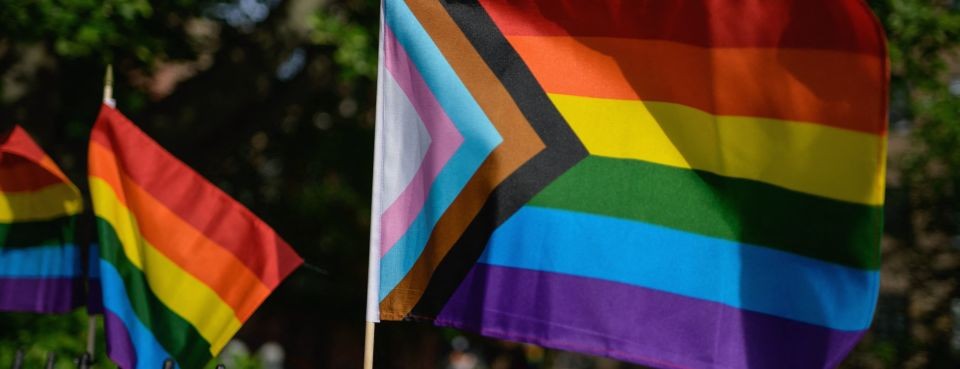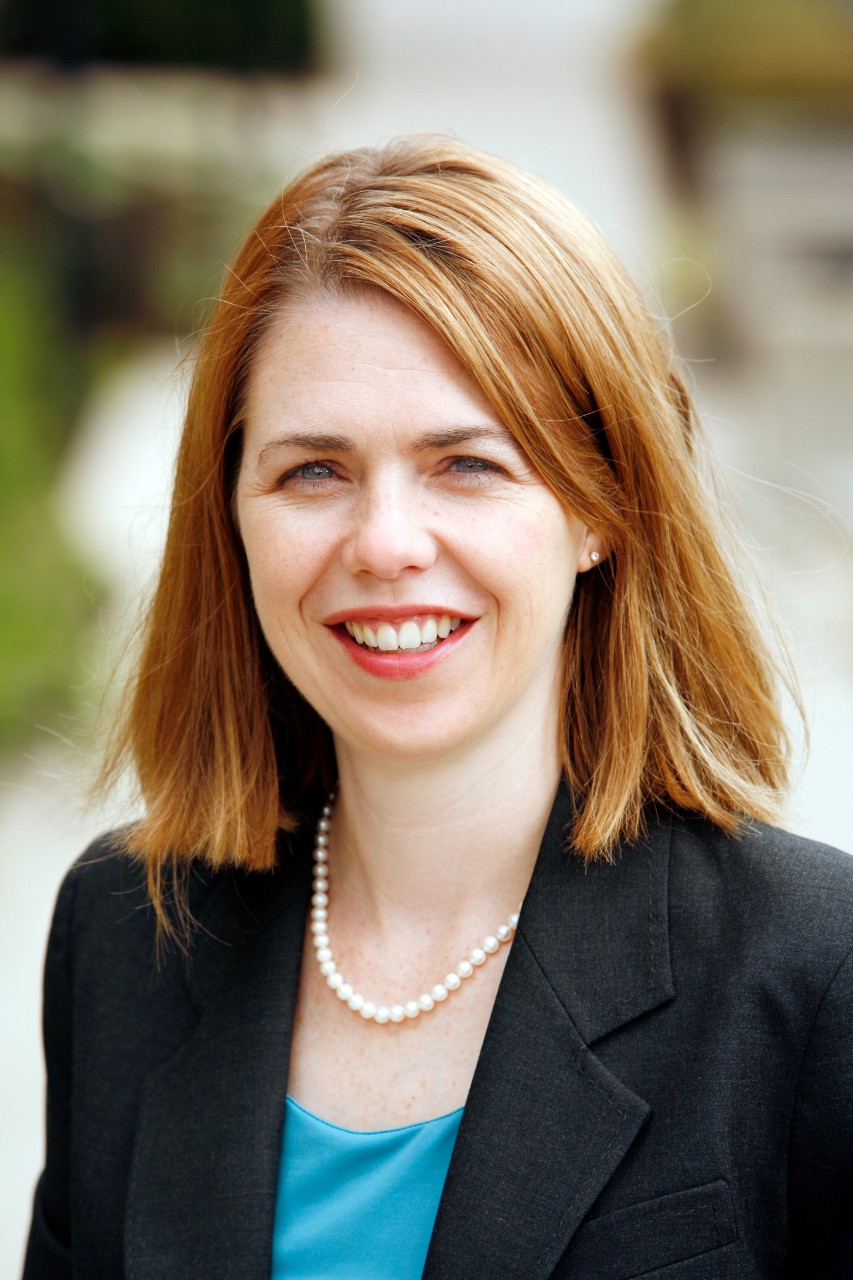
Bloomberg Law: Landmark LGBT ruling has expansive reach at work and beyond
UC College of Law professor helps analyze impact of key Supreme Court ruling
A 2020 ruling by the United States Supreme court which expanded LGBT worker rights has expanded into a wide range of employment discrimination areas and driven attempts to push legal boundaries in education and health care.
More than 300 cases have cited to the high court’s decision in Bostock v. Clayton County, Ga., in the past year, according to Bloomberg Law’s BCITE analysis tool. These include litigation outside of the LGBT realm, with one of the more prominent issues focusing on how employees prove race, age, and other discrimination.

Sandra Sperino, professor in the UC College of Law
Bloomberg Law reported that Justice Neil Gorsuch’s majority opinion in Bostock explored discrimination “because of sex,” an analysis that attorneys say can influence how workers prove bias based on race, color, national origin, religion, age and other characteristics.
Gorsuch acknowledged that Congress allowed workers to meet a less stringent standard in Title VII discrimination cases by showing that a protected trait was one of several motivating factors leading to a firing, discipline, or other adverse employment action.
But he also discussed a stricter standard known as “but for” causation, which applies in Title VII retaliation cases, as well as bias claims under the Age Discrimination in Employment Act and other laws. This means workers must establish they wouldn’t have been fired without their employer’s bias.
In an article on the impact of the ruling, Bloomberg Law turned to Sandra Sperino of the University of Cincinnati College of Law who has written extensively on discrimination law.
“One of the under-appreciated features of the opinion is what the ‘but for’ causation standard means,” said Sperino. “I think courts will continue to look at the case for clarification of other statutes.”
Some lower courts have interpreted “but for” to mean discrimination must be the sole cause of an adverse act. Gorsuch noted that there can be multiple causes under but-for causation, Sperino said, adding that a year is too early to see the full effect reflected in opinions.
Lead image/Andrea Weiss/Getty Images
Your Next is Now. It Starts Here.
As one of the nation’s smallest urban law schools, we will help you follow your path to fulfill your passion. Our students shine brightest when they are fighting for the disenfranchised, elevating local entrepreneurs, combating economic inequalities, and defending human rights. No matter what path you choose, we’ll make it possible. Learn more today.
Tags
Related Stories
UC Law professors recognized for scholarly excellence
December 19, 2024
University of Cincinnati College of Law professors Stephanie McMahon and Andrew Mamo were recently recognized for their scholarly contributions.
What might happen with immigration policies in the new year?
December 13, 2024
WVXU's Cincinnati Edition spoke to Julie Leftwich, director of international peace security initiatives at the University of Cincinnati College of Law, about immigration policies advanced by President-elect Donald Trump for his second term in office.
Crosstown Foodout: UC and Xavier food pantries call attention to...
December 13, 2024
The Crosstown Foodout allows fans of the Cincinnati Bearcats and Xavier Musketeers to compete off the basketball court by supporting a campus food pantry at each school. The effort to ease hunger comes as UC and Xavier ready for the Crosstown Shootout. Nationally, about 23% of college students on campuses experience food insecurity.
